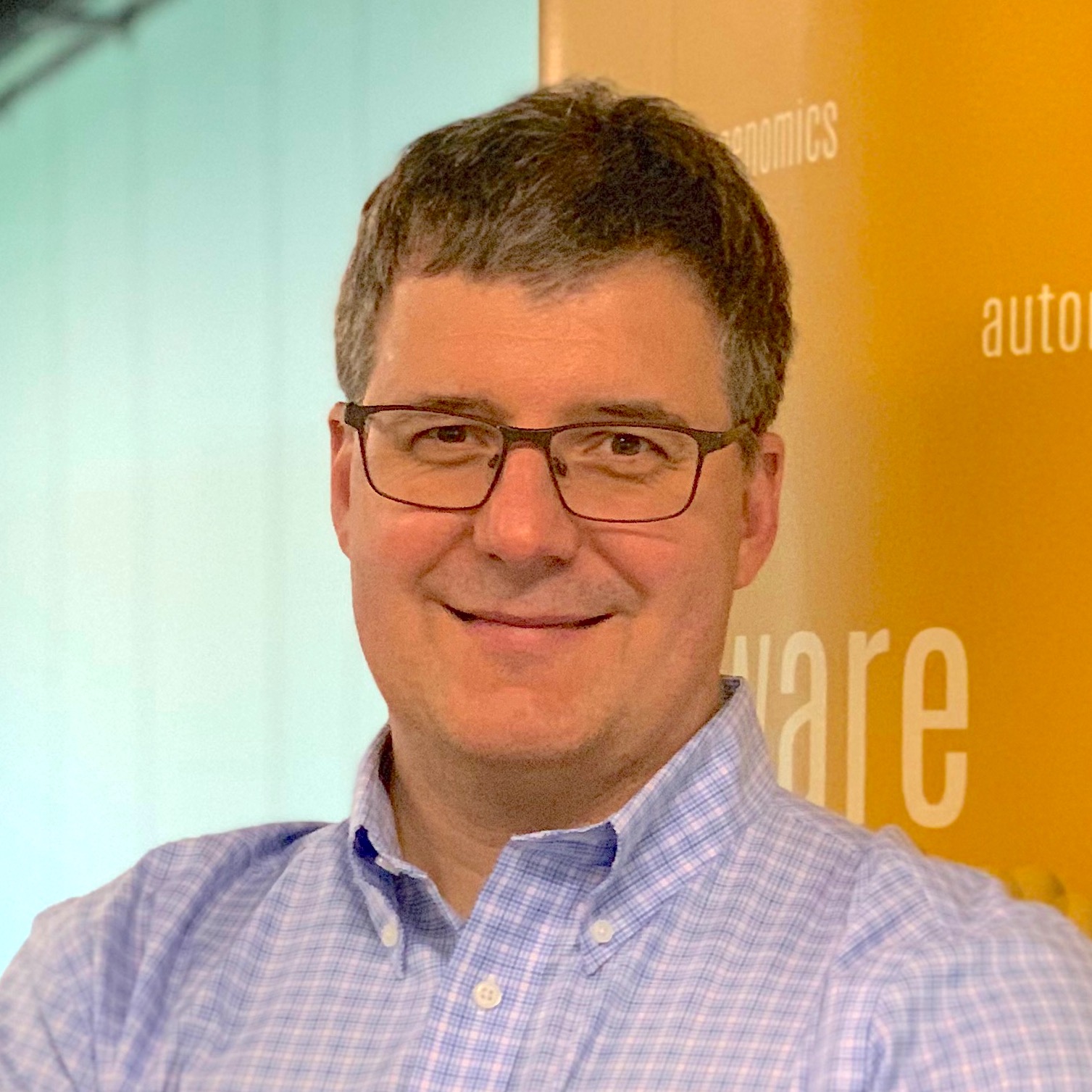Director's Message to UMIACS March '24

Technology that is part of everyday life. We’ve been “there” for a while now. But the explosion of AI in the past few years offers food for thought on topics like trustworthiness, empowerment, inclusiveness and accountability as they relate to computing and new technologies.
We’re fortunate to have researchers in UMIACS that are addressing these questions—and more—in a meaningful way. From my view as UMIACS director, I see a common thread that is driving much of this activity: creating technology for the greater good and making scientific discoveries that improve people’s lives.
Those ideas are certainly on display in our featured story this month, an engaging video highlighting a multidisciplinary effort to help new mothers answer questions about maternal and infant health care. Jordan Boyd-Graber, one of our top experts on making machine learning more useful, more interpretable, and able to learn and interact from humans, is handling the computational end of the project.
Jordan and the rest of the team are relying heavily on Neha Srikanth, a Ph.D. student in our Computational Linguistics and Information Processing (CLIP) Lab, to manage tech-related tasks like optimizing the AI-powered question and answer software and determining best practices for hosting the platform.
Bravo to Jordan and Neha for their innovative AI work that will have a real impact in on the everyday lives of people in our community.
Nirupam Roy and his students are on that same track, developing AI software called TalkLock that can help identify deepfake videos and stop the spread of disinformation. The project has received a lot of media attention, including this feature from a Baltimore television station.
I also encourage you to read the Q&A with Hal Daumé III in Roadmap magazine. Hal lays out, in a thoughtful and precise way, the importance of ongoing work involving trustworthy AI and why new technologies being developed should help humans, not replace them.
All the projects I just mentioned benefit immensely from the support they receive from UMIACS. As AI research and scholarship continues to expand on this campus and beyond, it will take experienced technical support to ensure that the large computational infrastructures required are built and maintained with the utmost efficiency.
That’s exactly what we do in UMIACS. We have almost 40 years of experience designing, installing and maintaining high-performance platforms for research computing.
I hope you enjoy the upcoming Spring Break and look forward to seeing many of you in person afterward.
—Mihai Pop, UMIACS Director